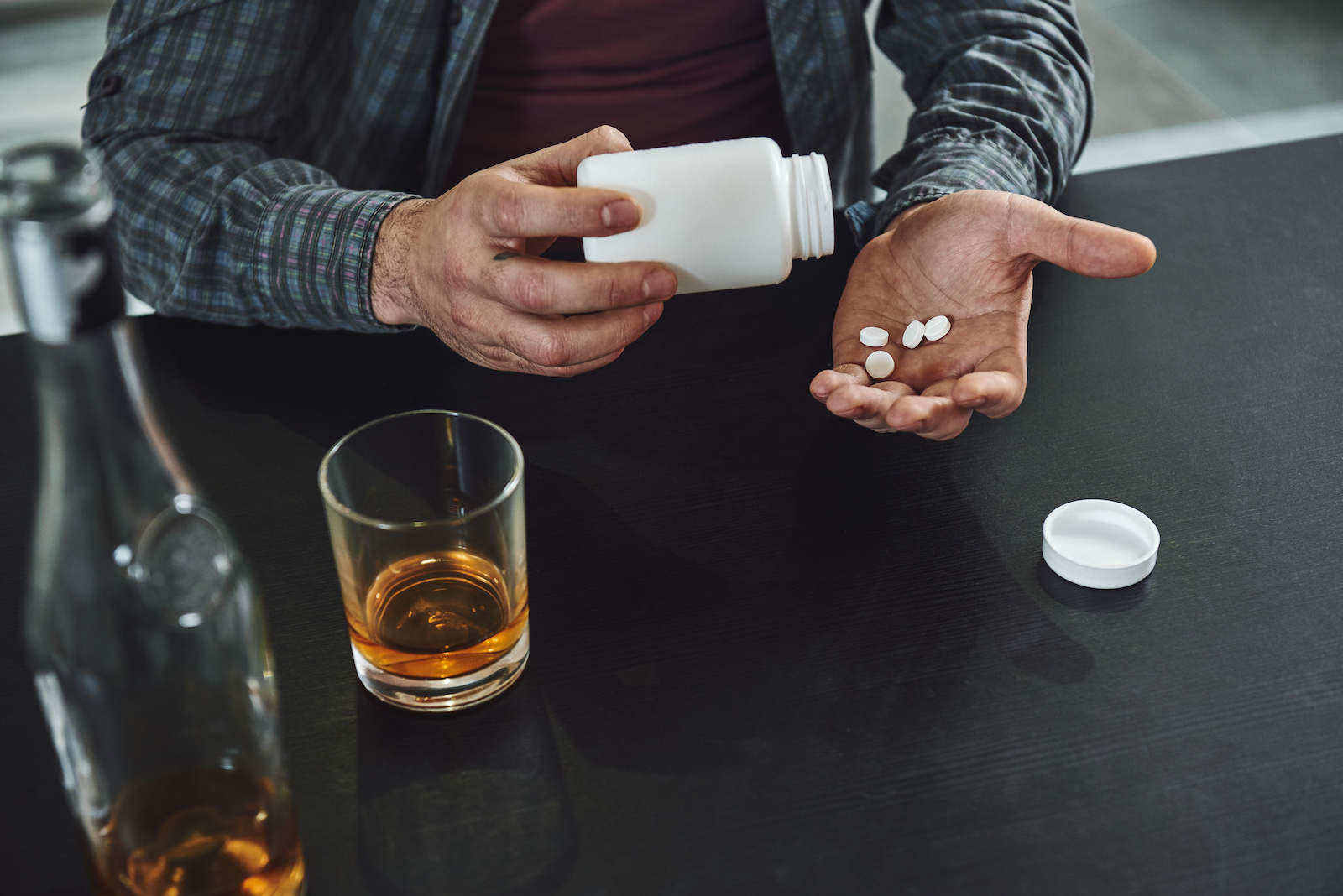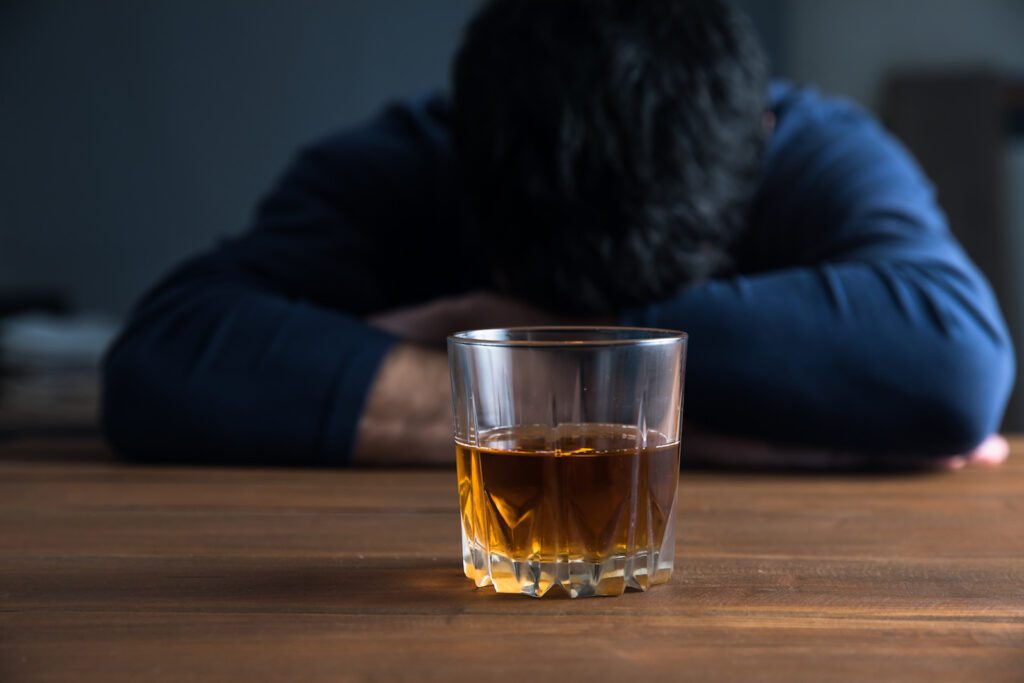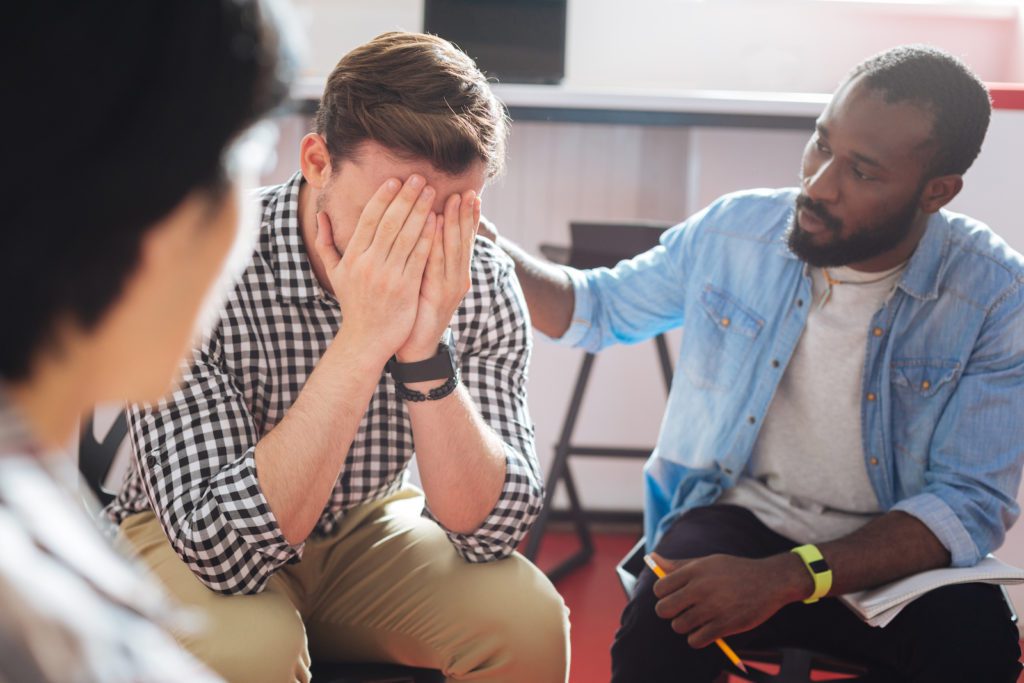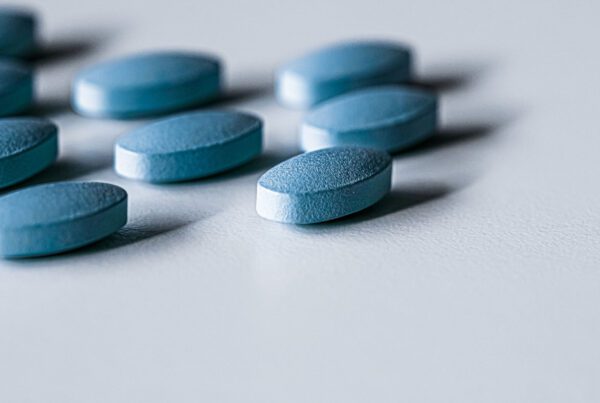
Table of Contents
The risks of mixing drugs and alcohol are dangerous, especially if there is a possible interaction between the drug and the alcohol. Interactions can negatively affect your body, especially your liver, circulation, and brain. Your social life and family life can also be hurt by addiction.
Yet many people still mix alcohol and drugs regardless of the detrimental effects on their bodies and mental health. Effexor is a common anti-depressant and anti-anxiety medication that, when mixed with alcohol, can actually worsen the symptoms of depression and further deteriorate a person’s mental well-being.
There are various reasons not to mix Effexor and alcohol, one of them being that it can become extremely addictive very quickly, getting the user hooked on the mix, which can further damage the user’s body, mind, and lifestyle.
The effects of this toxic combination can quickly become a dangerous combination that can create both short-term and lasting side effects that can affect all aspects of your life, including your mental health and your physical health.
This addiction can derail lives, so it is important to understand this situation’s aspects. Please read on to understand more about the mixture of Effexor and alcohol, how to tell if you have an addiction, and the best ways to fight this addiction.
Are There Any Risks to Mixing Effexor and Alcohol?
Yes, there are many risks to mixing Effexor and alcohol in your body. The combination of these two substances can have adverse effects that can reverse the effect of Effexor on anxiety and depression, cause physical harm, and even mental health issues.
Many people with depression can turn to alcohol as a coping mechanism to help them through their depression, which is not recommended. Alcohol is a depressant, meaning that it represses the brain. Alcohol use for a long time has been connected to worsened depression and anxiety symptoms, so mixing it with an anti-depressant and anti-anxiety drug like Effexor can adversely affect your treatment plan.
Effexor is also known to have side effects that replicate the effect that alcohol has, so a combination of the two substances can increase the feeling of being under the influence.
Some signs that Effexor and alcohol are mixing and affecting your body are confusion, dizziness, slowed reflexes or reaction time, blackouts, memory loss, anxiety or nervous spells, physical coordination problems, and showing signs of being far more intoxicated for what you drank.
The biggest risk of mixing Effexor and alcohol is internal bleeding. This is because Effexor, like many other drugs in its family, can cause bleeding issues because it slows the amount of time it takes for platelets to form clots and stop bleeding. Alcohol has a blood-thinning effect, so when the two come together, a user can be at extremely high risk for the following blood problems:
- Bruising easily
- Blacking out
- Worsen depression symptom
- Bleeding problems
- Bleeding inside the brain
- Bleeding in the stomach
- Nosebleeds
The mental health aspect of mixing Effexor and alcohol should not be overlooked either. People with depression or anxiety taking Effexor to treat their symptoms can experience worsened symptoms or panic attacks while mixing Effexor and alcohol. In addition, you may feel emptiness, paranoia, moodiness, irritability, a decrease in your appetite, and sadness.
The alcohol can reverse the effect of Effexor, causing the treatment from the drug to be rendered ineffective altogether. The amount of alcohol needed to counteract Effexor varies from person to person because of many factors, including dosage, alcohol type, body weight, and when the drugs were taken.
Is It More Than an Accident? Signs That an Addiction May Be at Hand When Mixing Drugs Like Effexor and Alcohol
Due to the various risks associated with drinking alcohol and taking Effexor, it is best to avoid drinking alcohol while taking Effexor. It can quickly become a harmful addiction because the heightened effects of intoxication can become addicting to someone who is depressed or anxious.
Becoming addicted to any substance that alters your mental and physical state can quickly become an issue in your life that can affect various sectors of your world.
An addiction to mixing Effexor and alcohol may not be apparent at first. However, you may begin to see a pattern forming in your drinking behavior, your sober behavior, and the reasons you are taking your medication.
When people are addicted to mixing Effexor and alcohol, they will often drink every day to get to the altered state that the combination of substances can give them. The altered, intoxicated state of the two substances together is much stronger than just drinking without the drug, so users can quickly create a mental addiction to the two together.
An addiction can also be spotted if the patient using Effexor only takes their dose of Effexor to drink and experience a more intense intoxication. People who are depressed and anxious have a higher tendency to form addictions to substances because they can numb the pain that they are feeling emotionally for some time, even if it is only for a little while before it gets worse.
Those with a history of addiction should not mix Effexor with alcohol because it is highly likely that they can easily become addicted to drinking unhealthy amounts of alcohol, particularly while they are on their medication.
If you find yourself only taking your Effexor so that you can experience further intoxication when you drink, you may have an addiction to Effexor and alcohol. Other signs include feeling symptoms of withdrawal if you do not drink every day, blacking out or experiencing memory loss when you are drinking, feeling like alcohol is controlling your life, drinking alone, drinking during the morning or daytime, drinking to fall asleep, or drinking an unhealthy amount of alcohol daily.
If you are experiencing any of these signs, you may have an addiction to mixing alcohol and Effexor. While this may be scary to realize, it is a step in the right direction to healing and fixing your body. There are many ways that you can combat this addiction, and we are happy to provide you with several helpful ways below.
How To Get Help If Addicted To Mixing Drugs Like Effexor And Alcohol
If you find yourself addicted to mixing drugs with alcohol, including Effexor and alcohol, you can get help to eliminate this addiction. The first and most important step is to get yourself a strong support system that is trustworthy and knows you well, inside and out.
Gathering some family members, a partner, longtime best friend, siblings, or other trusted members of your inner circle and explaining that you are struggling with an addiction may be very daunting. However, this is one of the most important steps in recovery.
People who have strong support systems are more likely to achieve recovery and stay in recovery than those who try to face their addiction independently. Make sure that the people you pick to support you are with you 100% and will help you avoid your triggers.
Another tip is to avoid situations where you can drink while on your medication. For example, do not go to a bar or buy alcohol if you know that you have taken your Effexor. This is difficult because it can cause you to miss out on social events or test your willpower which is fragile when you are addicted to a substance.
Rely on your support system to help you avoid these situations and keep yourself occupied to avoid buying alcohol and drinking because you are bored, sad, or anxious. Find lifestyle habits like meditation, yoga, running, or creative outlets that allow you to express and rid yourself of boredom or intense emotions without the use of alcohol.
Lifestyle changes can help you feel fresh and ready to begin a new chapter of your life, so do not be afraid to try some new healthy habits. Begin going to the gym, try fixing your sleep schedule, get outside, and go for walks, hikes, or runs! There are plenty of ways to get out your emotions and energy without drinking on Effexor. Plus, all of these can help your depression or anxiety as well!
Lastly, the best way to combat addiction is to go to rehab. Rehab is often considered a scary place where you can be stripped of all your freedoms, but rehab is not like that. The purpose of rehab is to help you become yourself again, rid of weights like an addiction that prevents you from living your best life.
Relying on professionals and therapists to help you get to the roots and causes of your addictions is an extremely good way to combat addiction. You deserve care and help, so please, reach out to us to get in touch with our professionals waiting to help you get your life back. The team at our addiction treatment facility in Orange County is standing by to help.
Sources:
Ocean Recovery has strict sourcing guidelines and relies on peer-reviewed studies, academic research institutions, and medical associations for our references. We avoid using tertiary references as our sources. You can learn more about how we source our references by reading our editorial policy.
- Ghio L, Puppo S, Presta A. Venlafaxine and risk of upper gastrointestinal bleeding in elderly depression. Curr Drug Saf. 2012;7(5):389-390. doi:10.2174/157488612805076589
- The University of Michigan. The Effects of Combining Alcohol with Other Drugs | University Health Service. Accessed July 29, 2022. https://uhs.umich.edu/combine






